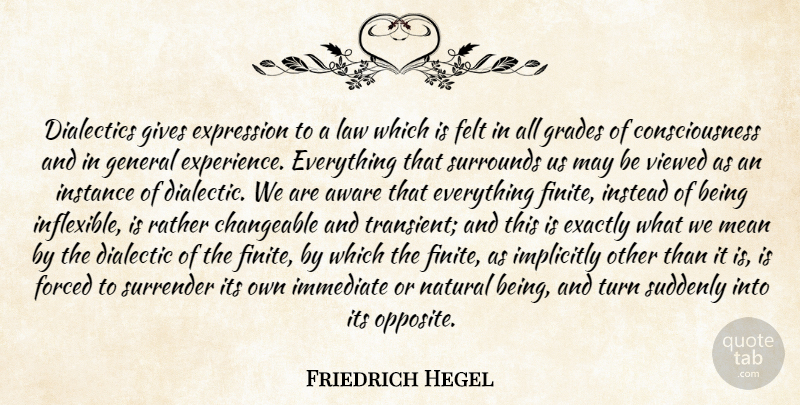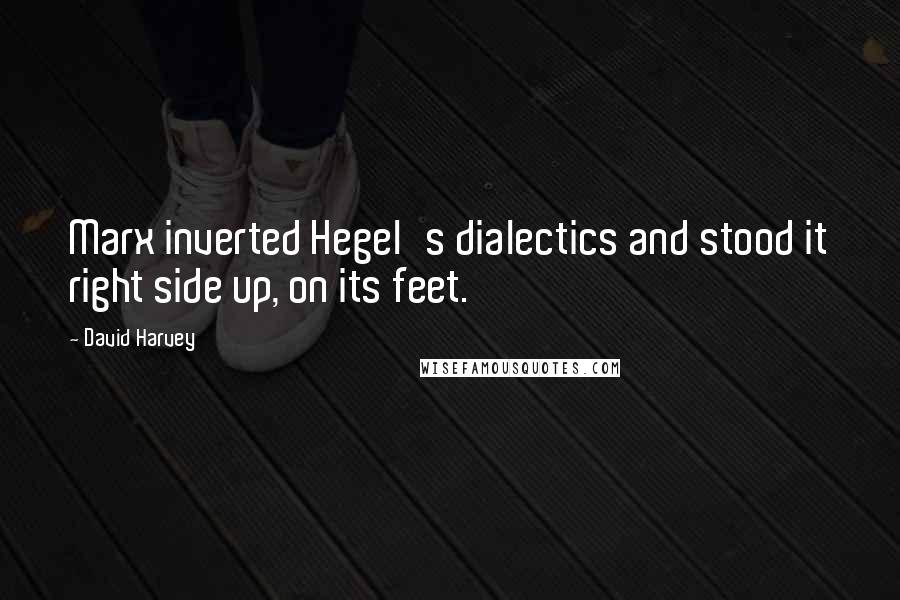
This method is not only physiologically but ethologically sound. Say or imply, for example, that in English “value” means the same as “individuality.” You can be miles down the track of your argument before they get their breath back. This was a method which the neo-Hegelian idealists later perfected: reasoning from a sudden and violent solecism. The premise entails the conclusion all right, but it is so astoundingly false that it defies criticism, at first, by the simple method of taking the reader's breath away. This meaning-argument is of a very different kind from the arguments I have been speaking about so far. Usually, and in the simpler, less cultivated people, this process occurs without their knowing it, in the dark depths of consciousness where, by a kind of mysterious alchemy, egoism is transmuted into altruism, hatred into love, fear into courage but to me, accustomed as I was to observing and studying myself, the whole thing was clear and visible, as though I were watching it happen in someone else and yet I was aware the whole time that I was being swayed by material subjective factors, that I was transforming purely personal motives into universal reasons. I also noticed in myself a growing sympathy for those political parties which proclaimed their struggle against the evils and infamies of the society to which, in the end I had attributed the troubles that beset me-a society which, as I thought, in reference to myself, allowed its best sons to languish and protected its worst ones. I was quite aware of this almost imperceptible transformation of my subjective resentments into objective reflections and states of mind, owing to the bent of my thoughts which led always and irresistibly in the same direction: owing also to my conversation, which, without my intending it, alway harped upon the same subject. In fact, during those difficult days, I came very gradually to feel that my irritation and my intolerance of poverty were turning into a revolt against injustice, and not only against the injustice which struck at me personally but the injustice from which so many others like me suffered. In spite of myself, I was conscious of a feeling of envy for those who did not suffer from such troubles, for the wealthy and the privileged and this envy, I observed, was accompanied-still against my will-by a feeling of bitterness towards them, which, in turn, did not limit its aim to particular persons or situations, but, as if by an uncontrollable bias, tended to assume the general, abstract character of a whole conception of life. I felt that the metal of my spirit, like a bar of iron that is softened and bent by a persistent flame, was being gradually softened and bent by the troubles that oppressed it.

#Hegel dialectic quotes how to
The simple knowledge of how to judge history and its horrors is fundamentally Christian, whether the speaker is Emmanuel Mounier on tragic optimism or Gramsci on pessimism of reason and optimism of will. There is, nonetheless, an originally Christian view of history whenever the signpost of Hope on this road is followed. But the entire secular world is not of the ideological view that through history we understand how to look at the regression and folly of history itself. It's possible that secular historicism has understood history as infinitely perfectible-so that tomorrow we improve upon today, always and without reservation.

Even Hegel and Marx are indebted to this fundamental idea, which Pierre Teilhard de Chardin pursued.Christianity invented History, and it is in fact a modern incarnation of the Antichrist that denounces History as a disease. I will remind readers that the idea of the end of time comes out of one of the most ambiguous passages of John's text, chapter 20.This approach, which isn't only Augustine's but also the Church Fathers' as a whole, casts History as a journey forward-a notion alien to the pagan world. This is not a paradox, but a repetition of what transpired in the first thousand years of history.

The secular world pretends to ignore the end of time, but is fundamentally obsessed by it. The Christian world makes it the object of meditation, but acts as if it may be projected into a dimension not measured by calendars. I'd be willing to bet that the notion of the end of time is more common today in the secular world than in the Christian.


 0 kommentar(er)
0 kommentar(er)
